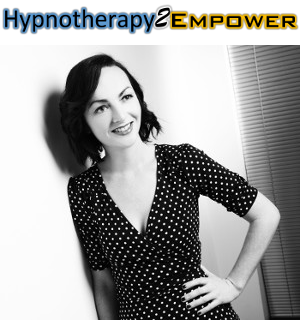Irritable Bowel syndrome (IBS)
Irritable Bowel syndrome (or IBS) is a common, painful and often upsetting condition that is experienced by up to 20% of the population.
IBS is basically the term used for a problem that affects the body's ability to get rid of waste material (faeces or stools).
The 'syndrome' in Irritable Bowel Syndrome just means that you have a chronic or long-term pattern of the various symptoms, typically these are constipation or diarrhoea, or symptoms of switching from one to the other. What are some of the main symptoms of irritable bowel syndrome?
The main symptoms that are associated with irritable bowel syndrome are:
- An irregular bowel habit, costipation, diarrhoea, an urgent need to open the bowels but with an inability to do so.
- Abdominal pains, stomach cramping (this can be anywhere in the abdomen but mainly lower down)
- Stabbing pains in the rectum
- Swelling in the abdominal region
- Gassiness, flatulence, or excessive wind
Very often there other less common symptoms associated with irritable bowel syndrome, for example anxiety, depression, fatigue, frequent urination, headaches, loss of appetite, insomnia, muscle pain and heartburn/indigestion. What causes irritable bowel syndrome?
Although there is no conclusive agreement on what causes irritable bowel syndrome some of the key factors suggested are stress, childhood factors (such as the environment during upbringing), major traumas, psychological illnesses (chronic anxiety states) and food sensitivities. There is also a link between irritable bowel syndrome and antibiotics. During a course of antibiotics, although the harmful bacteria they are aimed at can be destroyed, so too can the friendly bacteria that is essential to easy digestion. When these friendly bacteria are destroyed there is a greater risk from the yeast infection 'candida albicans' and other disease causing bacteria, which can trigger the symptoms of irritable bowel syndrome. Who gets Irritable bowel syndrome?
Irritable bowel syndrome affects men and women of all ages, although the onset of the symptoms are most common from the ages of 15-25. Some studies even suggest that as many as 15 per cent of school children may have IBS. Symptoms tend to appear and reappear throughout life but incidents tend to become fewer with age. Are the symptoms of irritable bowel syndrome always severe?
Only around 5 per cent of IBS sufferers report symptoms so severe that their quality of life is seriously affected. Around 25 per cent report moderate symptoms that occasionally disrupt daily life. While 70 per cent only have mild and infrequent symptoms which do not cause disruption. How does stress and anxiety contribute to irritable bowel syndrome?
Powerful emotions like anger, aggression, fear and depression trigger the body's stress response (the flight/fight response), which in turn can affect the body's ability to digest food (we digest food most easily when we are relaxed). Where people have experienced upsetting incidents in the past the emotional memories of those events can stay inside the mind leading to an over sensitivity to current day stresses. With this undercurrent of stress present for much of the time the body can soon develop problems with digestion which in turn leads to other physical symptoms of irritable bowel syndrome, like constipation, diarrhoea, bloating, severe wind or flatulence and severe abdominal pain. How can Hypnotherapy help with irritable bowel syndrome?
Hypnotherapy helps you to let go of any stresses or emotions (current day or from the past) that are contributing to irritable bowel syndrome today. In turn it also gives you a number useful techniques to help you relax very deeply. Because you digest food much more efficiently when you are relaxed it is important to create the time and practice the techniques that will help you be more relaxed in your day to day life. A typical course of 'hypnotherapy for irritable bowel syndrome' lasts between 3 and 6 sessions.
To discuss whether hypnotherapy could help you, or to make a booking,
call now on 07508 358220 or e-mail emma-louise@hypnotherapy2empower.com

